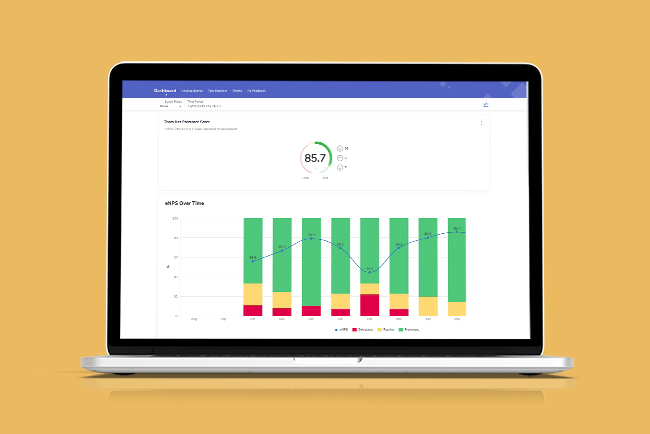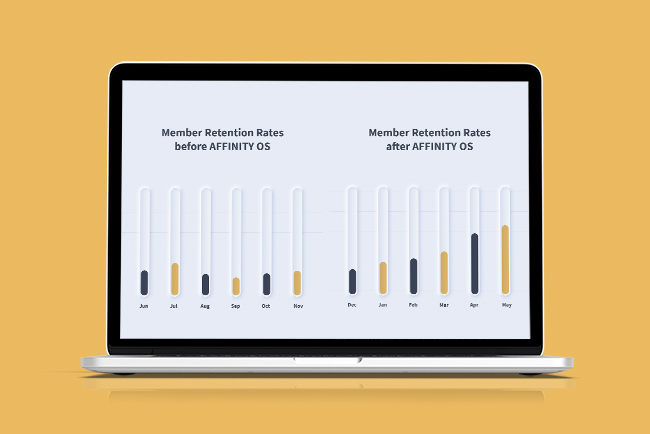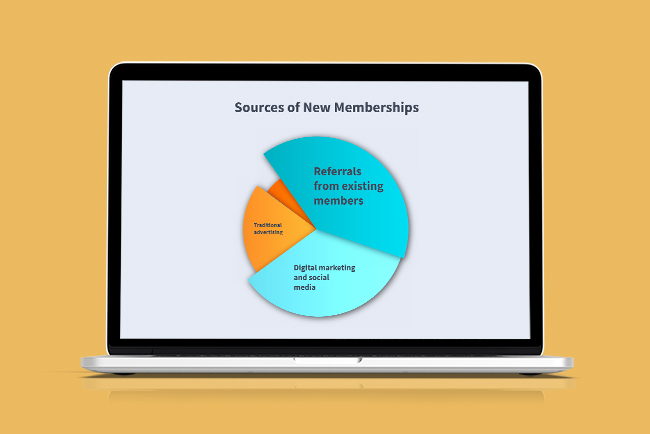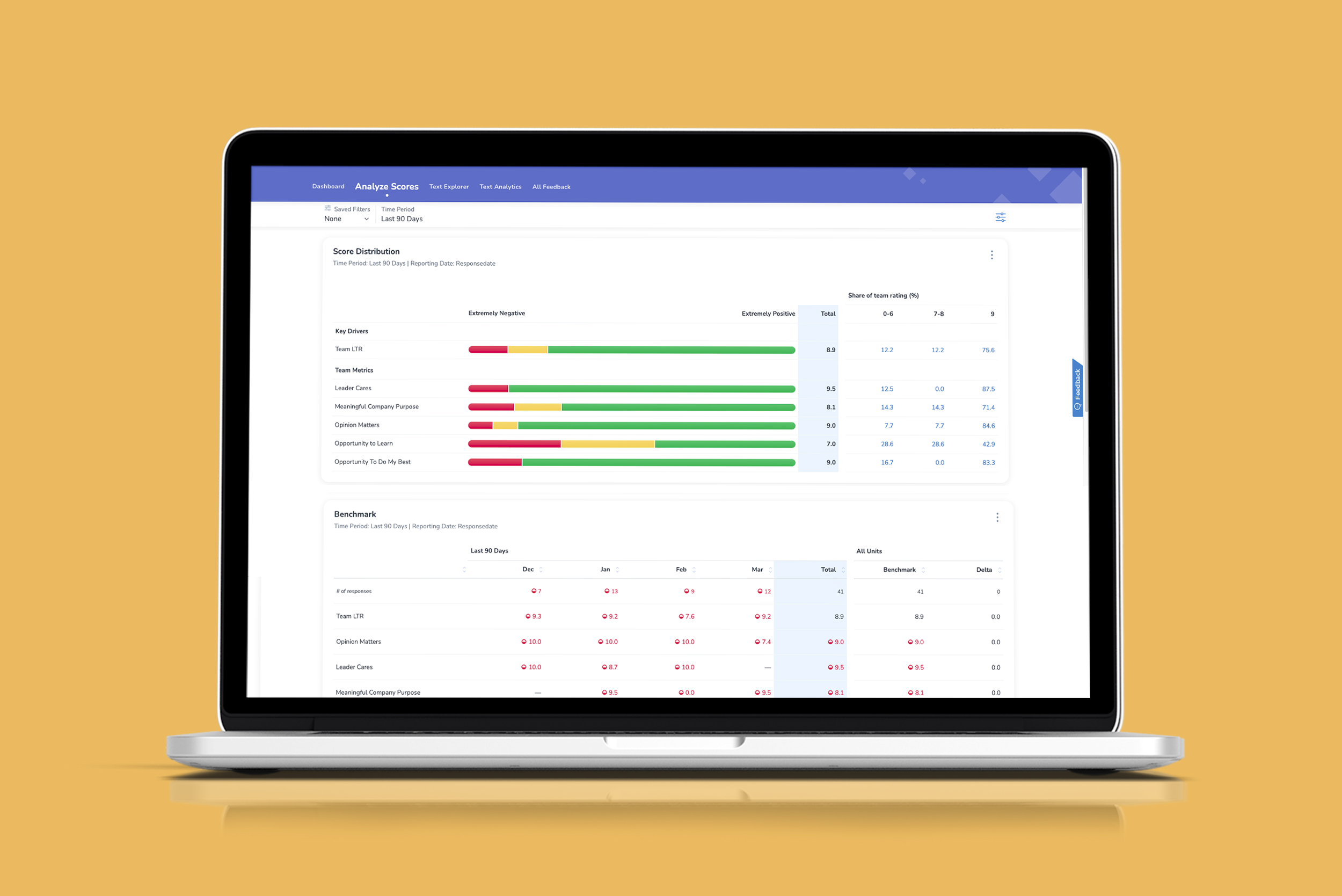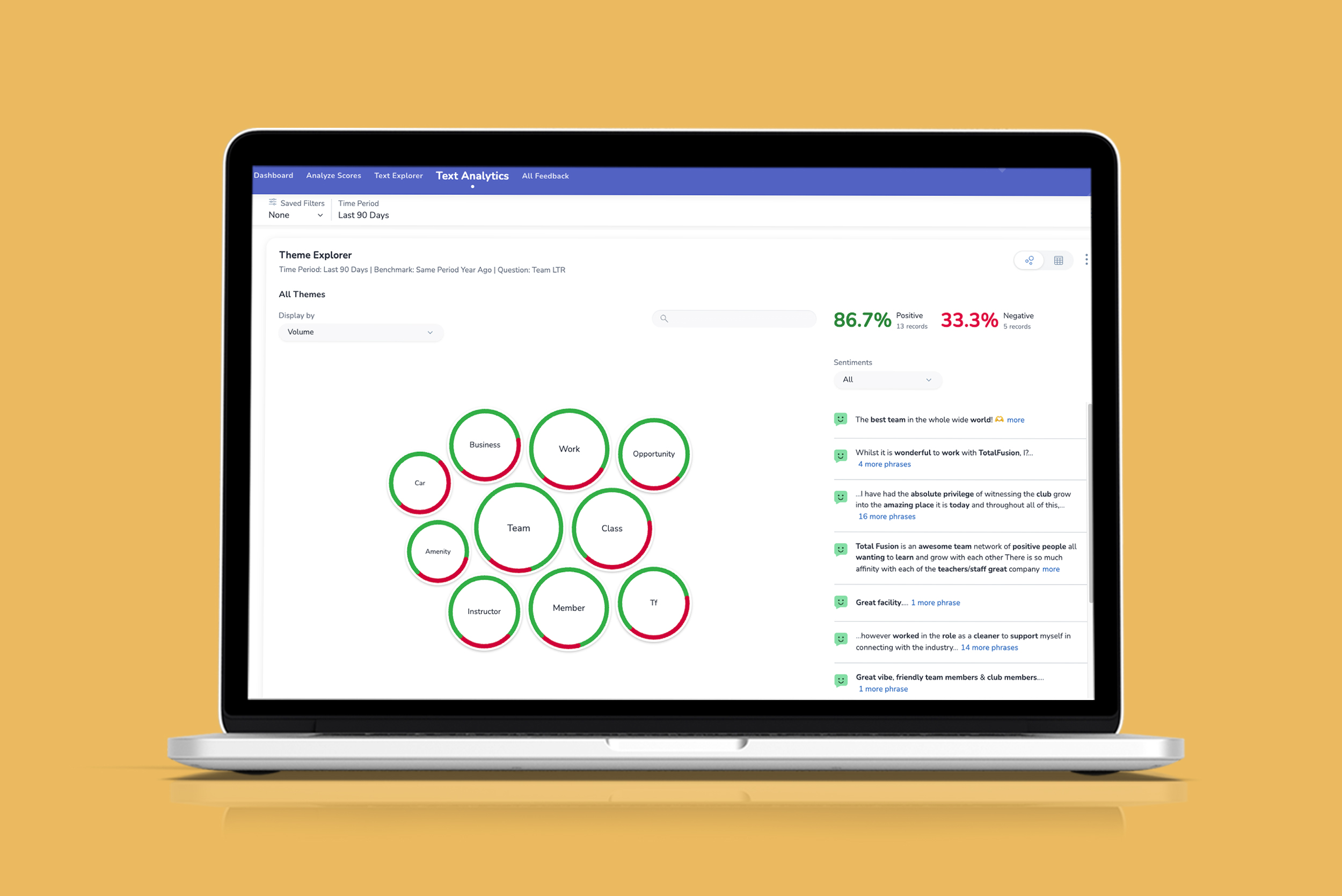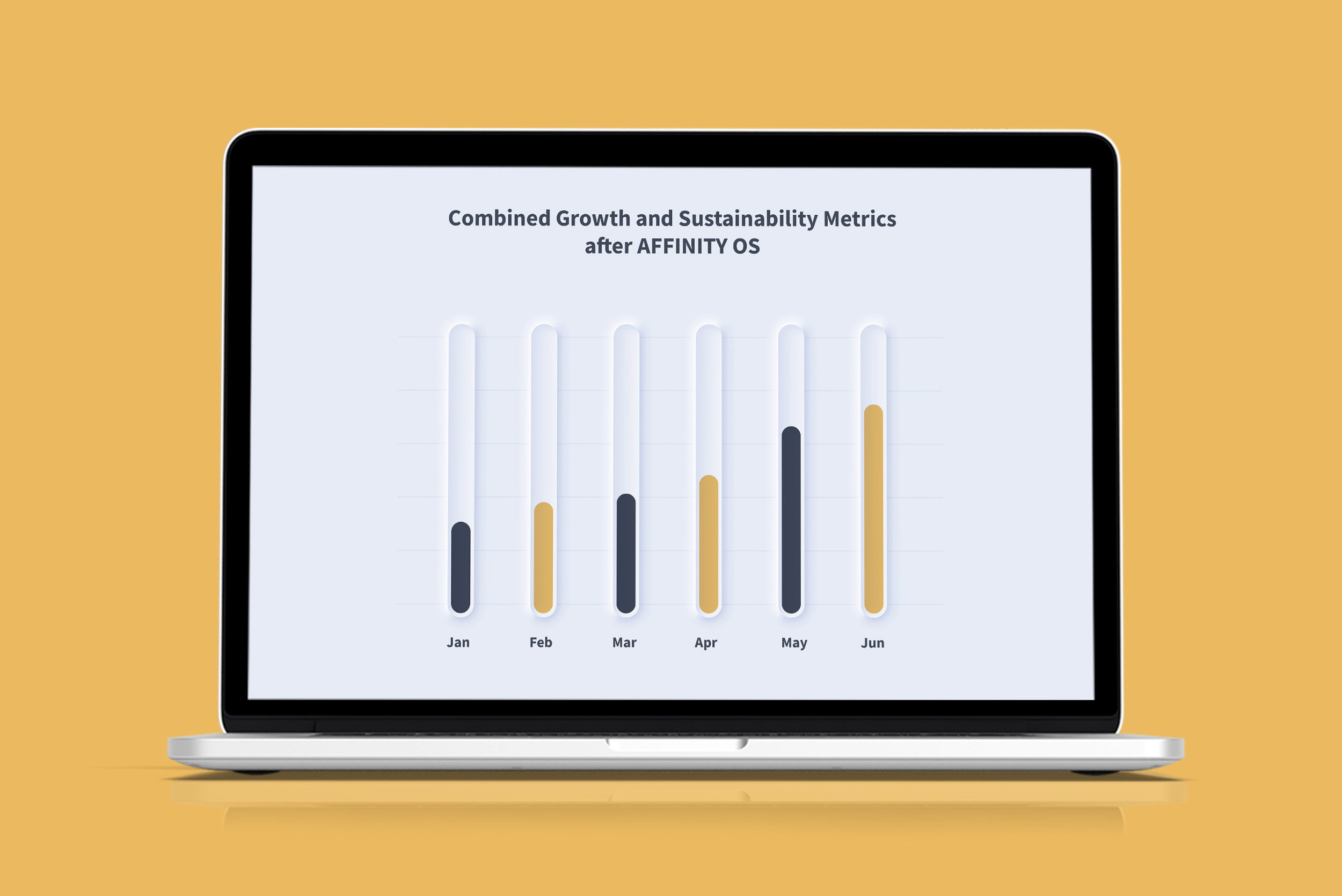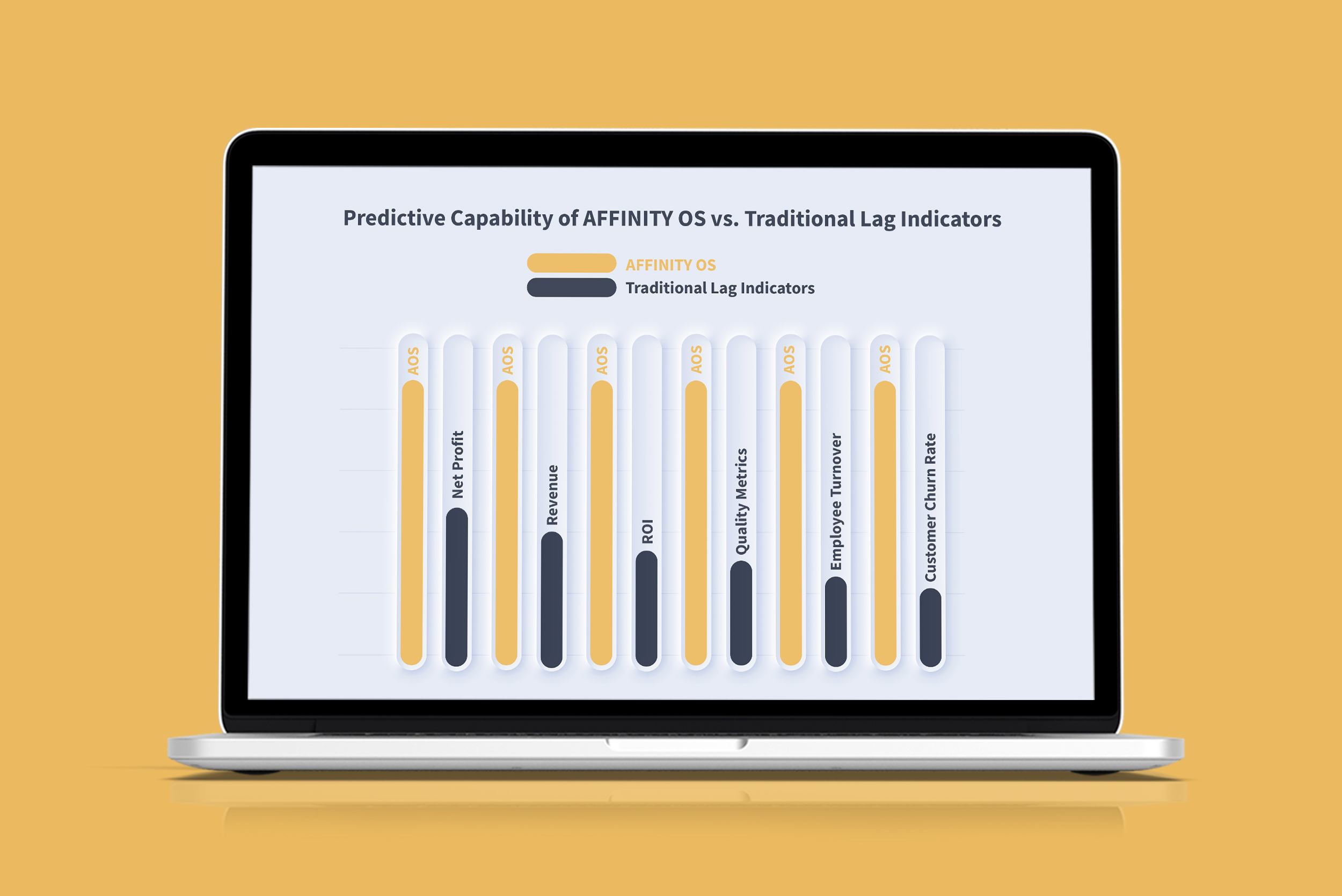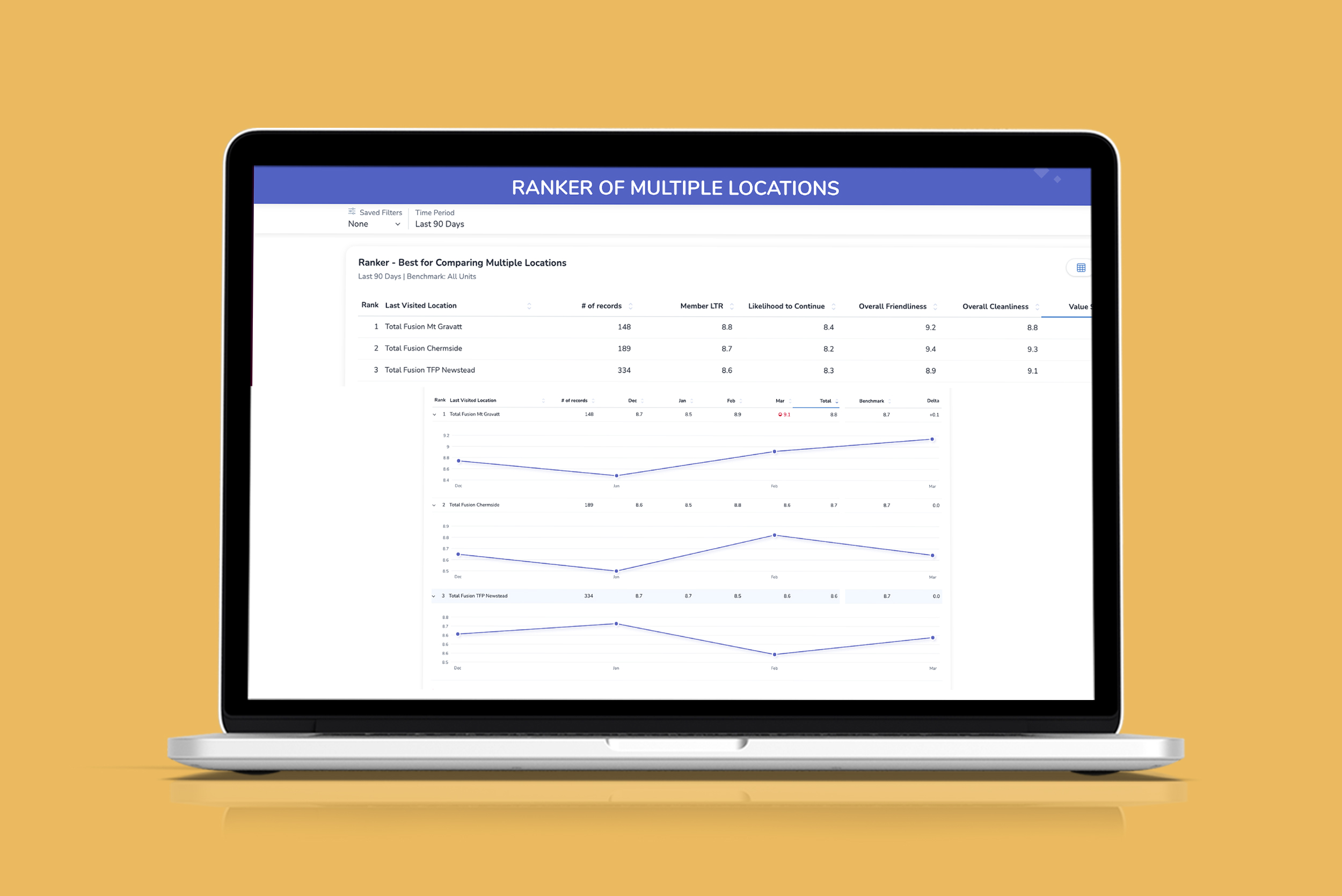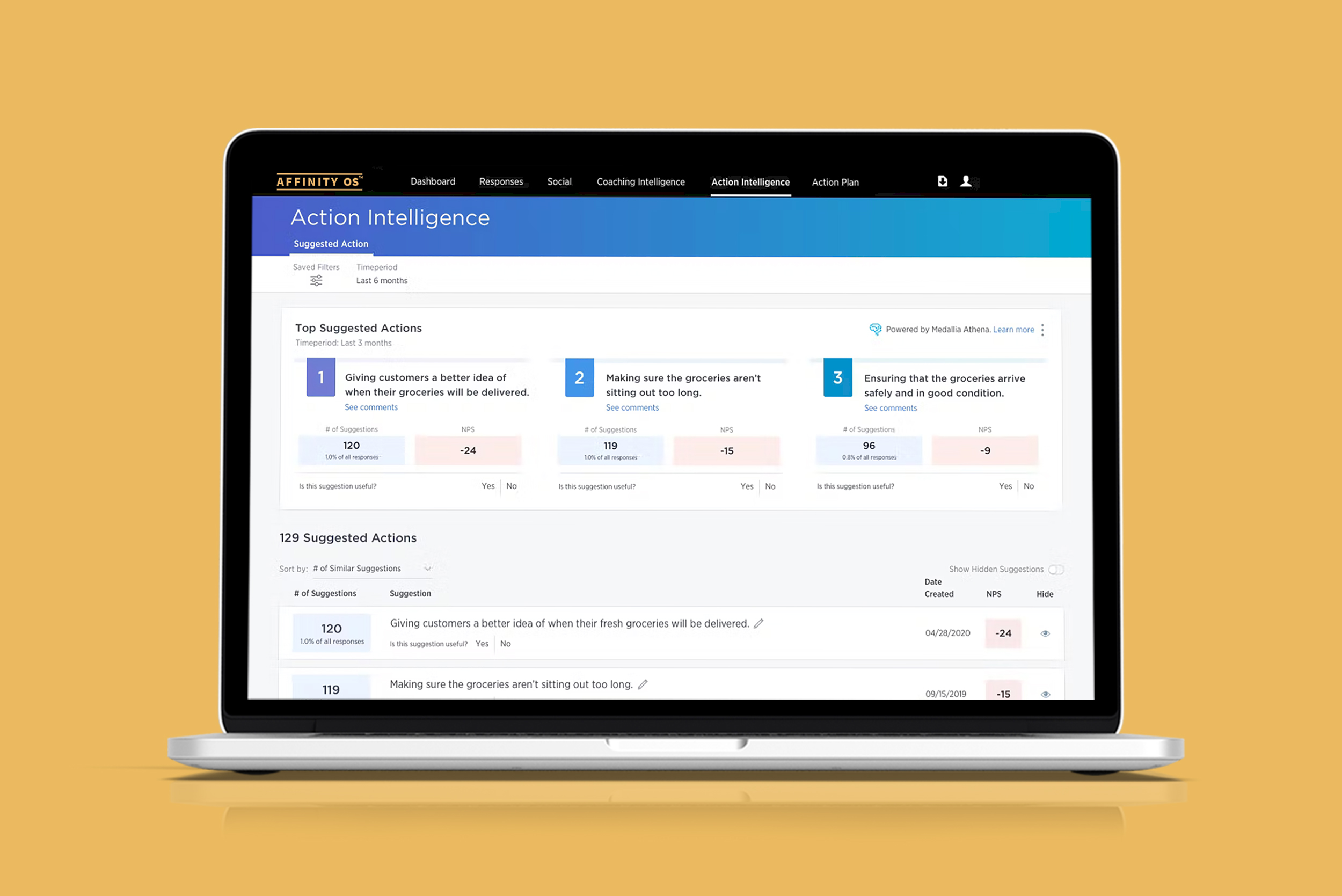
Crafting Exceptional Customer Experiences Starts Here
The AFFINITY in Customer Service journey is not solely about providing exceptional service to others; it also underscores the importance of self-care. By prioritizing your well-being, you’ll be able to deliver an unmatched level of service that truly embodies the “PEOPLE FIRST, ALWAYS” mantra.

Crafting Exceptional Customer Experiences Starts Here.
The AFFINITY in Customer Service journey is not solely about providing exceptional service to others; it also underscores the importance of self-care. By prioritizing your well-being, you’ll be able to deliver an unmatched level of service that truly embodies the “PEOPLE FIRST, ALWAYS” mantra.
![]()
How would you like to invest in yourself today?
Self-Care Plan
Physical Movement Routine
Sleep Hygiene
Healthy Nutrition
Meditation
Reading
Journaling
CONTACT US
+61 475 866 592

